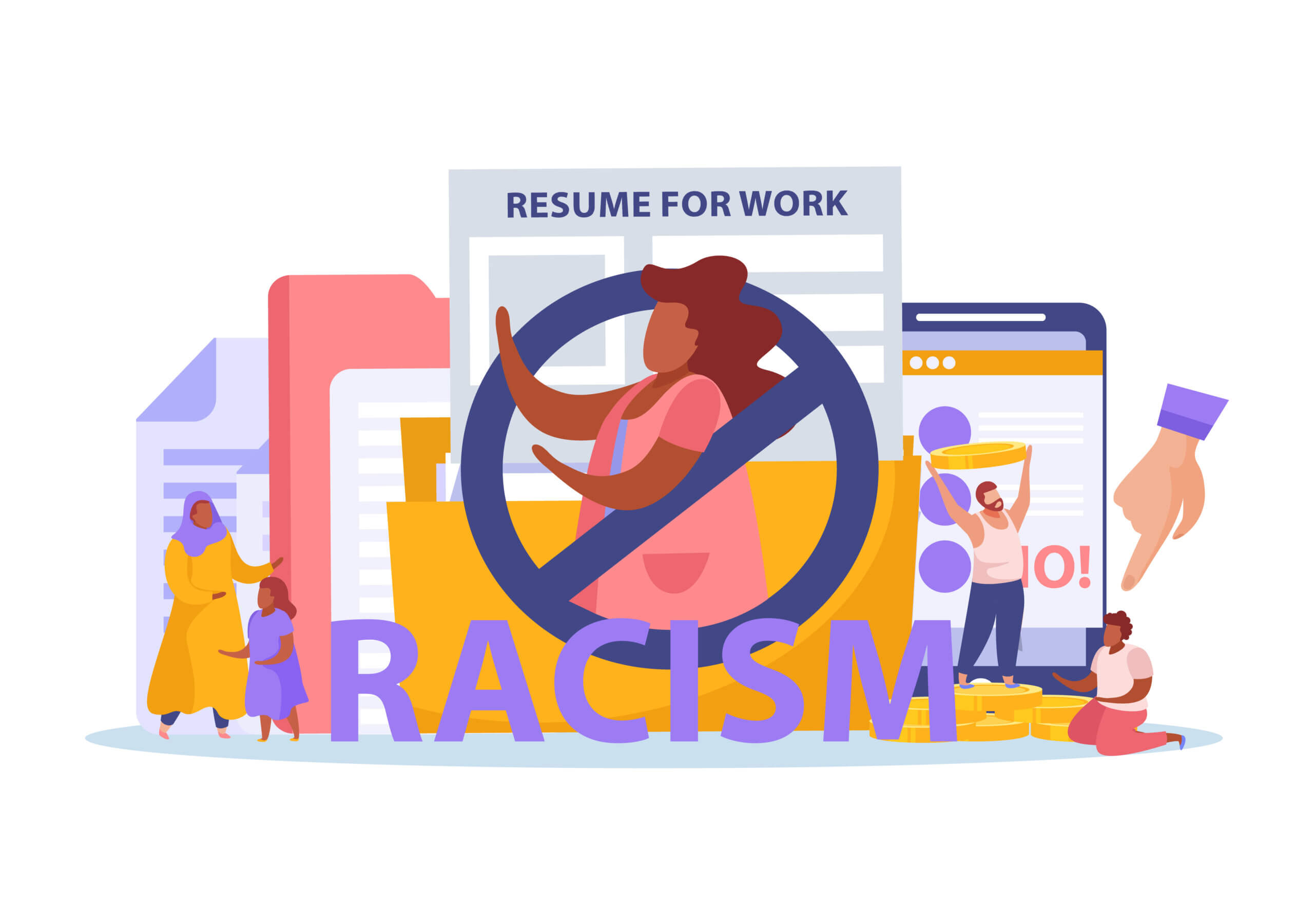I am not a regular fan of reality television; however, I do really enjoy watching the show where the contestants are fighting to lose weight. You all know the show, right? Well, I love seeing how the contestants are able to lose weight and reduce risks to their health. I also really like that the show provides healthy tips on eating during the sometimes drawn out two hour episodes. But my favorite part of the show may just be the trainers. They are tough, but you really get the sense that they care about helping the contestants achieve their weight loss goals. They push the contestants, they call them out on their bull**** and excuses, and they don’t give up on them.
During the season, the contestants regularly participate in challenges. Sometimes the winners get prizes such as immunity from being sent home for the week and sometimes the losing team or individual suffers disadvantages in the game. In last night’s episode the losing team of one of those challenges was taken away from the campus on which the contestants stay to a house by themselves. They were given a budget and had to decide how to allocate their funds for the week. Their menu of choices included time with their trainer for a cost, spa treatments, gym memberships, food, dinners out and phone calls (a luxury not normally allowed). The team of two chose to have the spa treatments and dinner out, but did not choose any time with their trainer. The reason, they felt that they had learned enough and were ready to make it on their own.
So how do you think they did? Well the team lost the weekly “weigh-in.” As the team who lost the least amount of weight at the end of the week, one of team members had to go home. Their decision to not have a single day with their trainer cost the team greatly.
Another thing happened during last night’s episode that was significant to me. One of the contestants on the other team had recently had to switch trainers. His original trainer focused his training on boxing, something he enjoyed very much. Having workouts that he enjoyed had helped him achieve great success during the first several weeks in competition. The new trainer’s style was a little different and he was a little unhappy. You know what he did, he let the trainer know how he felt and she let him box. She didn’t take it easy on him, but she let him get there in the way that he enjoyed most.
How often do we make the same mistake as the losing team in our work life? More importantly, are the managers and leaders in your organization, good trainers? Are they pushing their teams to succeed? Are they listening to them as individuals to know what they need? Are they building an environment where your employees feel comfortable approaching them and letting them know what they need? If the answer is no, what are doing about it? What can you do right now to take the first step in that direction? No more excuses.
—
For more resources, See the Human Resources library.
—
Sheri Mazurek is a training and human resource professional with over 16 years of management experience, and is skilled in all areas of employee management and human resource functions, with a specialty in learning and development. She is available to help you with your Human Resources and Training needs on a contract basis. For more information send an email to [email protected] or visit www.sherimazurek.com. Follow me on twitter @Sherimaz.










